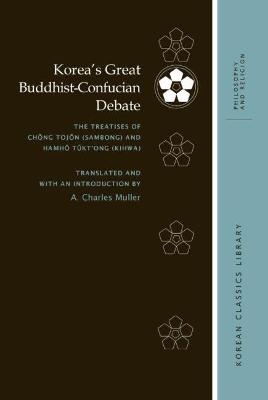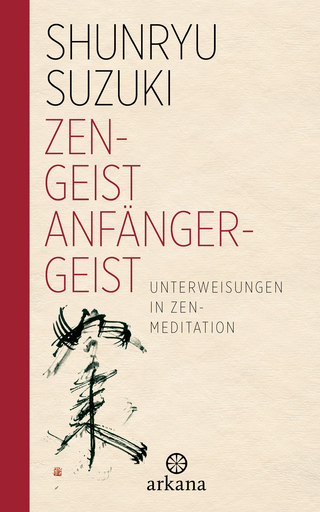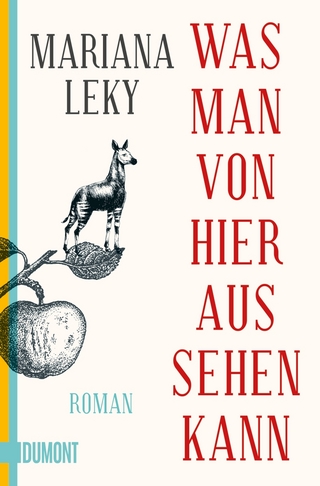
Korea’s Great Buddhist-Confucian Debate
The Treatises of Ch?ng Toj?n (Sambong) and Hamh? T?kt'ong (Kihwa)
Seiten
2015
University of Hawai'i Press (Verlag)
978-0-8248-5380-8 (ISBN)
University of Hawai'i Press (Verlag)
978-0-8248-5380-8 (ISBN)
Makes available in English the seminal treatises in Korea's greatest interreligious debate of the fourteenth and fifteenth centuries. On Mind, Material Force, and Principle and An Array of Critiques of Buddhism by Confucian statesman Ch?ng Toj?n and Exposition of Orthodoxy by S?n monk Kihwa are presented here with extensive annotation.
This volume makes available in English the seminal treatises in Korea's greatest interreligious debate of the fourteenth and fifteenth centuries. On Mind, Material Force, and Principle and An Array of Critiques of Buddhism by Confucian statesman Ch?ng Toj?n (1342–1398) and Exposition of Orthodoxy by S?n monk Kihwa (1376–1433) are presented here with extensive annotation. A substantial introduction provides a summary and analysis of the philosophical positions of both Neo-Confucianism and Buddhism as well as a germane history of the interactions between these two traditions in East Asia, offering insight into religious tensions that persist to this day.
Translator A. Charles Muller shows how, from the time Confucianism and Buddhism met in China, these thought systems existed, along with Daoism, in a competing relationship that featured significant mutual influence. A confrontative situation eventually developed in China, wherein Confucian leaders began to criticize Buddhism. During the late-Kory? and early-Chos?n periods in Korea, the Neo-Confucian polemic became the driving force in the movement to oust Buddhism from its position as Korea's state religion. In his essays, Ch?ng drew together the gamut of arguments that had been made against Buddhism throughout its long history in Korea. Kihwa's essay met Neo-Confucian contentions with an articulate Buddhist response. Thus, in a rare moment in the history of religions, a true philosophical debate ensued.
This debate was made possible based upon the two religions' shared philosophical paradigm: essence-function (ch'e-yong). This traditional East Asian way of interpreting society, events, phenomena, human beings, and the world understands all things to have both essence and function, two contrasting yet wholly contiguous and mutually containing components. All three East Asian traditions took this as their underlying philosophical paradigm, and it is through this paradigm that they evaluated and criticized each other's doctrines and practices. Specialists in philosophy, religion, and Korean studies will appreciate Muller's exploration of this pivotal moment in Korean intellectual history. Because it includes a broad overview of the interactive history of East Asian religions, this book can also serve as a general introduction to East Asian philosophical thought.
This volume makes available in English the seminal treatises in Korea's greatest interreligious debate of the fourteenth and fifteenth centuries. On Mind, Material Force, and Principle and An Array of Critiques of Buddhism by Confucian statesman Ch?ng Toj?n (1342–1398) and Exposition of Orthodoxy by S?n monk Kihwa (1376–1433) are presented here with extensive annotation. A substantial introduction provides a summary and analysis of the philosophical positions of both Neo-Confucianism and Buddhism as well as a germane history of the interactions between these two traditions in East Asia, offering insight into religious tensions that persist to this day.
Translator A. Charles Muller shows how, from the time Confucianism and Buddhism met in China, these thought systems existed, along with Daoism, in a competing relationship that featured significant mutual influence. A confrontative situation eventually developed in China, wherein Confucian leaders began to criticize Buddhism. During the late-Kory? and early-Chos?n periods in Korea, the Neo-Confucian polemic became the driving force in the movement to oust Buddhism from its position as Korea's state religion. In his essays, Ch?ng drew together the gamut of arguments that had been made against Buddhism throughout its long history in Korea. Kihwa's essay met Neo-Confucian contentions with an articulate Buddhist response. Thus, in a rare moment in the history of religions, a true philosophical debate ensued.
This debate was made possible based upon the two religions' shared philosophical paradigm: essence-function (ch'e-yong). This traditional East Asian way of interpreting society, events, phenomena, human beings, and the world understands all things to have both essence and function, two contrasting yet wholly contiguous and mutually containing components. All three East Asian traditions took this as their underlying philosophical paradigm, and it is through this paradigm that they evaluated and criticized each other's doctrines and practices. Specialists in philosophy, religion, and Korean studies will appreciate Muller's exploration of this pivotal moment in Korean intellectual history. Because it includes a broad overview of the interactive history of East Asian religions, this book can also serve as a general introduction to East Asian philosophical thought.
A. Charles Muller is professor in the Graduate School of Humanities and Sociology at the University of Tokyo, Japan.
| Reihe/Serie | Korean Classics Library: Philosophy and Religion |
|---|---|
| Einführung | A. Charles Muller |
| Übersetzer | A. Charles Muller |
| Verlagsort | Honolulu, HI |
| Sprache | englisch |
| Maße | 152 x 229 mm |
| Gewicht | 441 g |
| Themenwelt | Geisteswissenschaften ► Religion / Theologie ► Buddhismus |
| Geisteswissenschaften ► Religion / Theologie ► Weitere Religionen | |
| ISBN-10 | 0-8248-5380-6 / 0824853806 |
| ISBN-13 | 978-0-8248-5380-8 / 9780824853808 |
| Zustand | Neuware |
| Haben Sie eine Frage zum Produkt? |
Mehr entdecken
aus dem Bereich
aus dem Bereich
Philosophische Betrachtungen
Buch | Softcover (2024)
Aufbau TB (Verlag)
12,00 €
Unterweisungen in Zen-Meditation
Buch | Hardcover (2024)
Arkana (Verlag)
20,00 €


